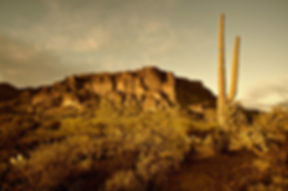
ABOUT THE MAASAI PEOPLE


The founding owners of the Maasai Hotel, an Anglo-Brazilian couple, named this beach hotel after the Maasai people of East Africa. During extensive travels in that region, the Anglo-Brazilian couple got quite impressed by the proud Maasai.
By chance, the current administrator of the Maasai Hotel had a similar experience in the 1970's. He just loved the Maasai name and the Maasai art at the hotel. Obviously, nobody at the Maasai Hotel is an anthropologist or ethnographer. But steps have been taken to maintain and to improve the hotel's Maasai and general East African inspired decor.
Maasai is the correct spelling of this noble tribe. The word means people who speak maa. Masai was the incorrect spelling of the British settlers and has remained in current use.
The Maasai have always been special. Their bright red robes set them apart visually. Spear in hand, they are calm and courageous regardless of the danger. The armed British troops who drove the Maasai from their lands in the late 19th century had great respect for these fearless tribesmen.
Kenya recognizes over 50 indigenous tribes. The Maasai were the dominating tribe at the beginning of the 20th century. They are the only one tribe that has kept most of their traditions, lifestyle and lore.
In common with the wildlife, with which they co-exist, the Maasai need a lot of land. Unlike many other tribes in Kenya, the Maasai are nomadic and pastoral; they live by herding cattle and goats.
The Maasai have no villages with permanent buildings. Instead, they construct a corral for a group of families. The corral is a circle of huts, one per family, enclosed by a circular fence of thorny bushes. The women construct the huts from cattle dung and clay. Periodically, the group will abandon their corral to construct a new one in an area with better water and better grazing.
The Maasai have not fared well in modern Africa. Until the arrival of British settlers, the fierce Maasai tribes occupied the most fertile lands. The Maasai struggled to preserve their territory, but their spears were no match for the well armed British troops. And their lawyers never had a fair chance in British courtrooms.
In East Africa, other tribes have adapted more readily to modern times. But a positive trend for the Maasai in recent years has been the development of ecological tourism.
Other tribes may consider the wildlife as food or a menace to their crops. But the Maasai basically co-exist with wildlife. With eco-tourism, the Maasai may even appreciate the economic value of the wildlife in their land.
